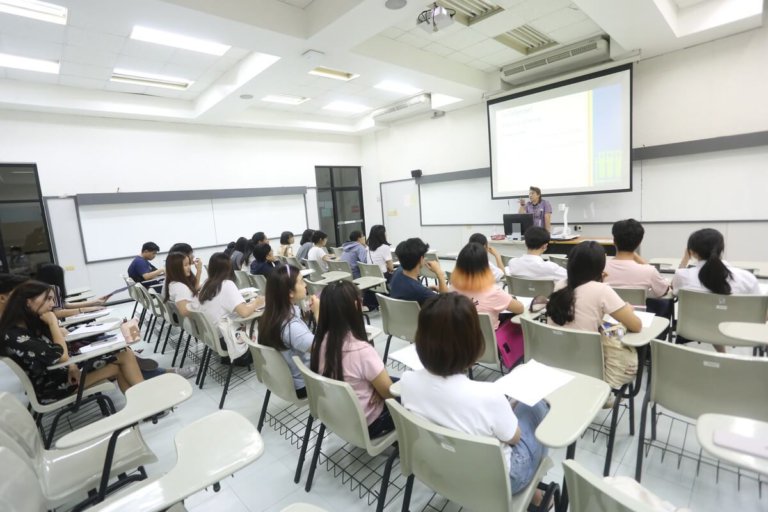
With the rise of the #MeToo movement, it appears that universities are also stepping up their game in clamping down intimate staff-student relationships.
The University College London (UCL) has become the first Russell Group university to introduce a ban on romantic and sexual relationships between lecturers and their students, reported The Guardian.
The report added that only two other UK universities, Greenwich and Roehampton, have bans on sexual relationships between lecturers and their students, while it is understood that another university is in the process of implementing a ban.
UCL’s personal relationships policy “prohibits close personal and intimate relationships between staff and students where the staff member has a direct responsibility for, or involvement in that student’s academic studies and/or personal welfare”.
PhD students who are employed temporarily or permanently as staff (including as demonstrators) are included as staffing.
The policy is meant to “protect students and staff from allegations of actual or perceived conflicts of interest, and to limit circumstances where a position of power may be abused”, thus ensure a positive and supportive working environment.
To help reduce the risk of sexual misconduct, abuse of power or conflict of interest, the policy notes that staff should “maintain an appropriate physical and emotional distance from students” and “avoid creating special friendships with students as this may be seen as grooming”.
Staff must also set an example by writing and communicating with students in a professional and business style, and give careful consideration before giving their personal mobile phone number to a student.
The move has been welcomed by many.
One Twitter user said: “It’s high time other UK universities implement similar bans. The problem it is addressing is pervasive, and undermining women’s progress in higher education at all levels.”
Meanwhile, another user said: “Great to see UCL leading the way. Relationships between staff and their own students are an abuse of power. Just like relationships between doctors and their patients, or solicitors and their clients. Abuse of power by few undermines trust in all staff.”
Following in the footsteps of other universities
Great to see UCL leading the way. Relationships between staff and their own students are an abuse of power. Just like relationships between doctors and their patients, or solicitors and their clients. Abuse of power by few undermines trust in all staff. https://t.co/bY9uyugz6r
— Holly Smith (@hollysmithhere) February 20, 2020
Several Ivy Leagues in the US have also implemented bans, including Harvard, Princeton and Yale.
For instance, Yale notes the following:
“Undergraduate students are particularly vulnerable to the unequal institutional power inherent in the teacher-student relationship and the potential for coercion, because of their age and relative lack of maturity.
“Therefore, no teacher shall have a sexual or amorous relationship with any undergraduate student, regardless of whether the teacher currently exercises or expects to have any pedagogical or supervisory responsibilities over that student.”
Other universities abroad also have similar policies in place.
This includes Monash University in Australia which notes in their staff/student personal relationship procedure that staff “must not pursue an intimate personal relationship with a student whilst engaged in an academic manner with the student”, adding that they do not condone such behaviour.
“You must ensure your interactions with students are always professional and appropriate. You must avoid conduct towards students that is unprofessional or inappropriate,” it said.
A 2018 NUS staff-student sexual misconduct report found that most participants who took part in their focus groups with different types of students within HE found that most participants “had mixed feelings about academic staff having relationships with students, and there was no consensus on where the boundaries should lie”.
They add that the common theme of power, and how to prevent the abuse of power, was pronounced across all the focus groups.
Liked this? Then you’ll love…
Academic freedom: What can we do about attacks on scholars worldwide?
In Canada, a case of academic freedom vs accountability of public university lecturers







